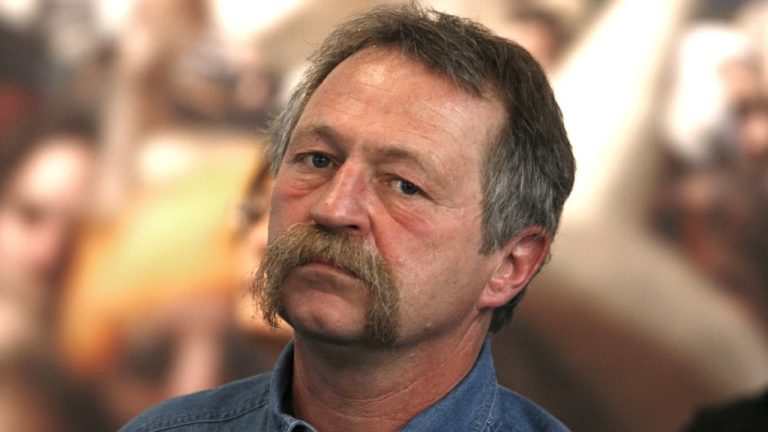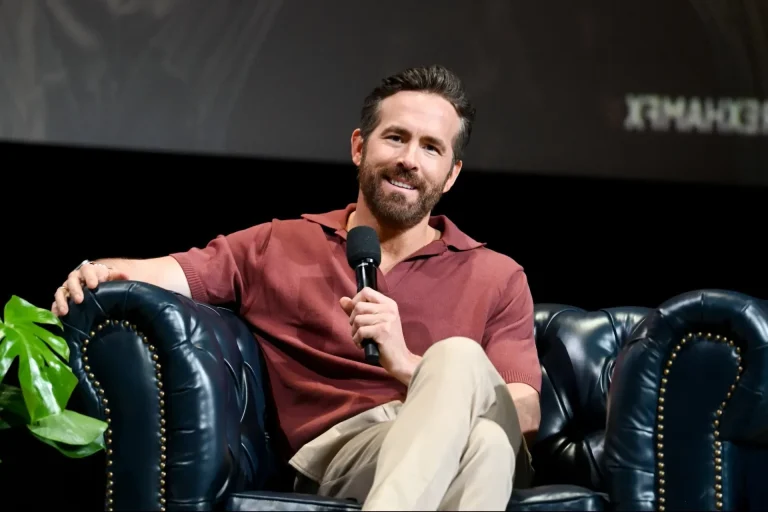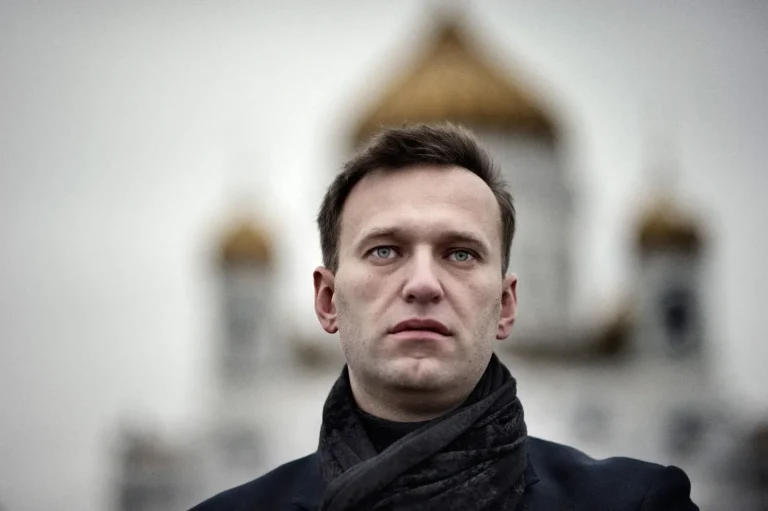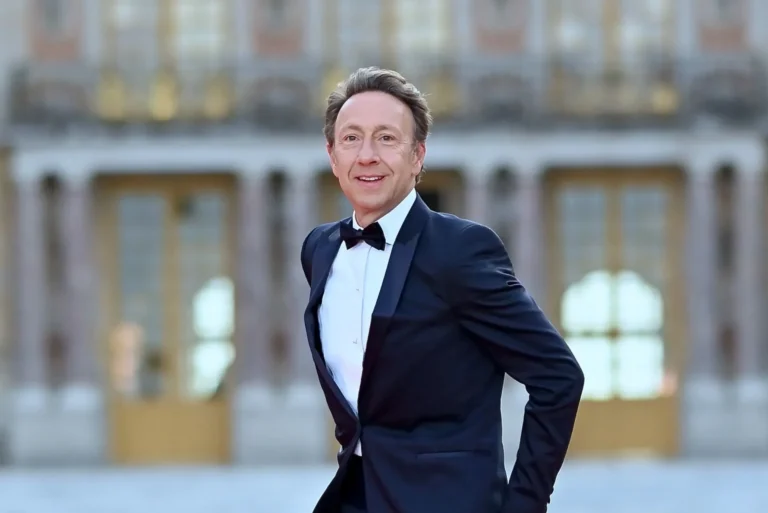Brian Mulroney: The political legacy of a former Canadian Prime Minister
Education and youth
Martin Brian Mulroney was born on March 20, 1939 in Baie-Comeau, Quebec. Quebec. The son of Irish immigrants, he grew up in this small industrial town. His parents sent him to a private school in New Brunswick.
Mulroney then attended St. Francis Xavier University in Nova Scotia, where he became involved in the campus Conservative Club. After graduating in 1959, he studied law at Dalhousie University for a year, then completed his law studies at Université Laval in 1964.
Lawyer and businessman
After graduating, Brian Mulroney joined a prestigious law firm in Montreal, where he distinguished himself as a specialist in union negotiations for major corporations. His brilliant career enabled him to accumulate a fortune estimated at 14 million dollars.
In 1976, he became vice-president of the Iron Ore Company of Canada, then president from 1977 to 1983. During this period, he focused on labor relations.
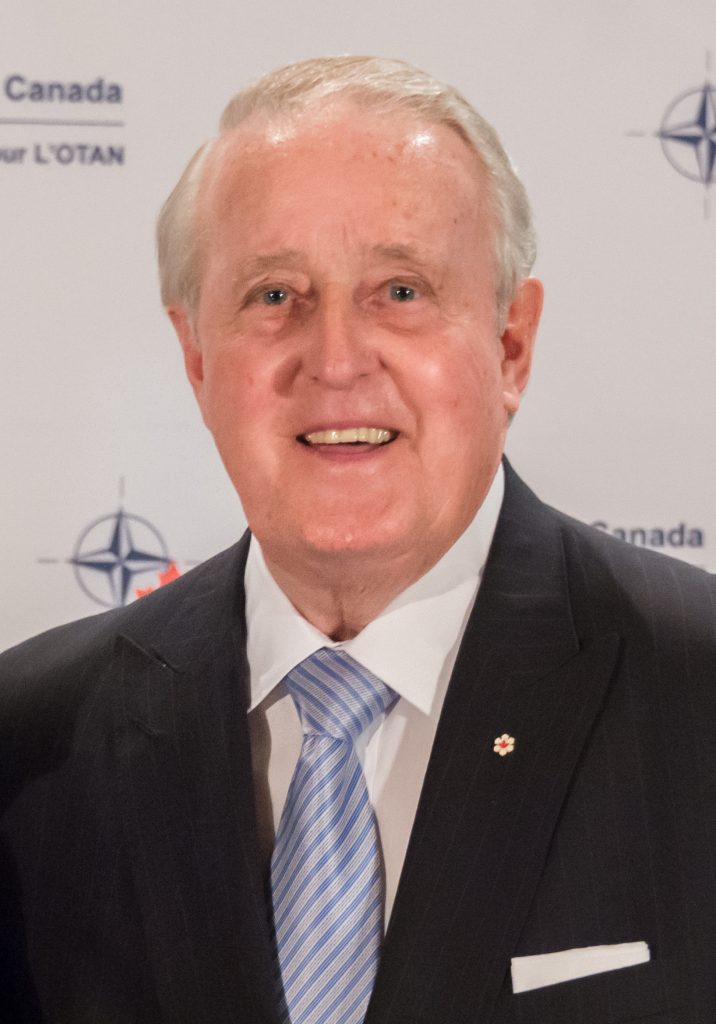
Leader of the Opposition
Mulroney was elected leader of the Progressive Conservative Party in 1983. He became MP for Central Nova in Nova Scotia the same year.
As Leader of the Opposition, he concentrated on healing divisions within the party and building a strong electoral machine. In the 1984 election, he ran a near-perfect campaign against John Turner's Liberals, winning a historic victory.
First term as Prime Minister (1984-1988)
Sworn in on September 17, 1984, Mulroney got off to a rocky start, marked by a series of scandals. However, he proved very active in foreign policy, notably in his firm opposition to apartheid in South Africa.
In 1987, he launched two major initiatives: the Meech Lake Accord and a free trade agreement with the United States. The latter became the central issue in the 1988 election, which Mulroney won.
Second term as Prime Minister (1988-1993)
The failure of the Meech Lake Accord in 1990 fractured Mulroney's coalition between Western Conservatives and Quebec nationalists. Despite this, he pursued his program of economic reform.
It introduced the Goods and Services Tax (GST) in 1991 and negotiated the North American Free Trade Agreement (NAFTA) with the United States and Mexico, signed in 1992.
Retirement from politics
Faced with growing unpopularity, Mulroney announced his resignation in February 1993. He left office on June 25, 1993. His party suffered a crushing defeat in the next election, retaining only two seats.
Post-political career
After leaving politics, Mulroney returned to the practice of law. He served on the boards of several major corporations and continued to lecture on politics and international affairs.
Controversies
Mulroney's career was marked by a number of controversies. The Airbus affair, an allegation of bribery linked to the purchase of aircraft by Air Canada, particularly tarnished his reputation. Although he was cleared, the affair continued to dog him for years.
Personal life and family
Mulroney married Mila Pivnicki in 1973. They had four children: Caroline, Benedict, Mark and Nicolas. His family has played an important role in his public and private life.
Honors
Mulroney has received many honors during his career, including:
- Companion of the Order of Canada
- Grand Officer of the Ordre national du Québec
- Woodrow Wilson Award for Public Service
Heritage
Although controversial during his tenure, Mulroney's legacy has been positively reappraised over time. His economic policies, notably free trade and the GST, are now widely recognized as having contributed to Canada's prosperity.
Price
Mulroney's awards include:
- Canadian Press Personality of the Year (1983, 1984, 1991)
- Environmental Leadership Award for work on acid rain
- Several honorary doctorates from Canadian and foreign universities
Frequently asked questions
What were Brian Mulroney's main achievements as Prime Minister of Canada?
Brian Mulroney accomplished many important things during his mandate from 1984 to 1993:
- Signing of the Free Trade Agreement with the United States in 1988
- Introduction of the Goods and Services Tax (GST) in 1991
- Negotiation of the North American Free Trade Agreement (NAFTA) in 1992
- Efforts to end apartheid in South Africa
- Adoption of environmental protection laws
How did Brian Mulroney's financial situation change after his political career?
After retiring from politics, Brian Mulroney :
- Joins company boards of directors
- Paid lectures
- Published his memoirs in 2007
- Received a $2.1 million settlement from the Canadian government in 2005
Its financial situation has improved thanks to these activities.
Who are Brian Mulroney's children and what role do they play in Canadian society?
Brian Mulroney has four children:
- Ben: Former Premier of Ontario
- Mark: Works in the financial sector
- Nicolas: Montreal lawyer
- Caroline : TV host
They all have careers in Canadian politics, business or the media.
What was the political impact of Brian Mulroney's son?
Ben Mulroney, Brian's eldest son, has had a major political impact:
- Elected leader of the Progressive Conservative Party of Ontario in 2018
- Premier of Ontario from 2018 to 2022
- Implemented conservative policies in Ontario
- His political career was influenced by his father's legacy
What information do we have about Brian Mulroney's wife and her public role?
Mila Mulroney, Brian's wife :
- Born Mila Pivnicki in 1953 in Sarajevo
- Married to Brian Mulroney since 1973
- Mother of their four children
- Played an active role as First Lady of Canada
- Committed to charitable causes
Which political party was Brian Mulroney active in and how did he influence its leadership?
Brian Mulroney was active in the Progressive Conservative Party of Canada.
- He was party leader from 1983 to 1993.
- He won two electoral majorities in 1984 and 1988.
- He modernized the party with liberal economic policies.
- His leadership marked a period of conservative domination.




